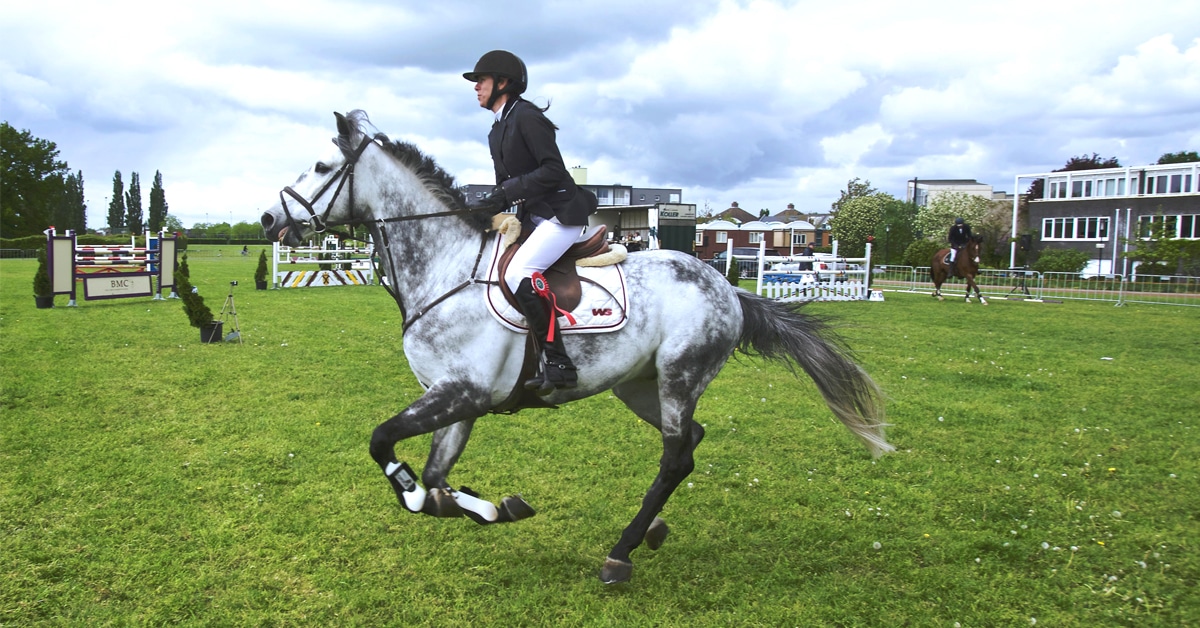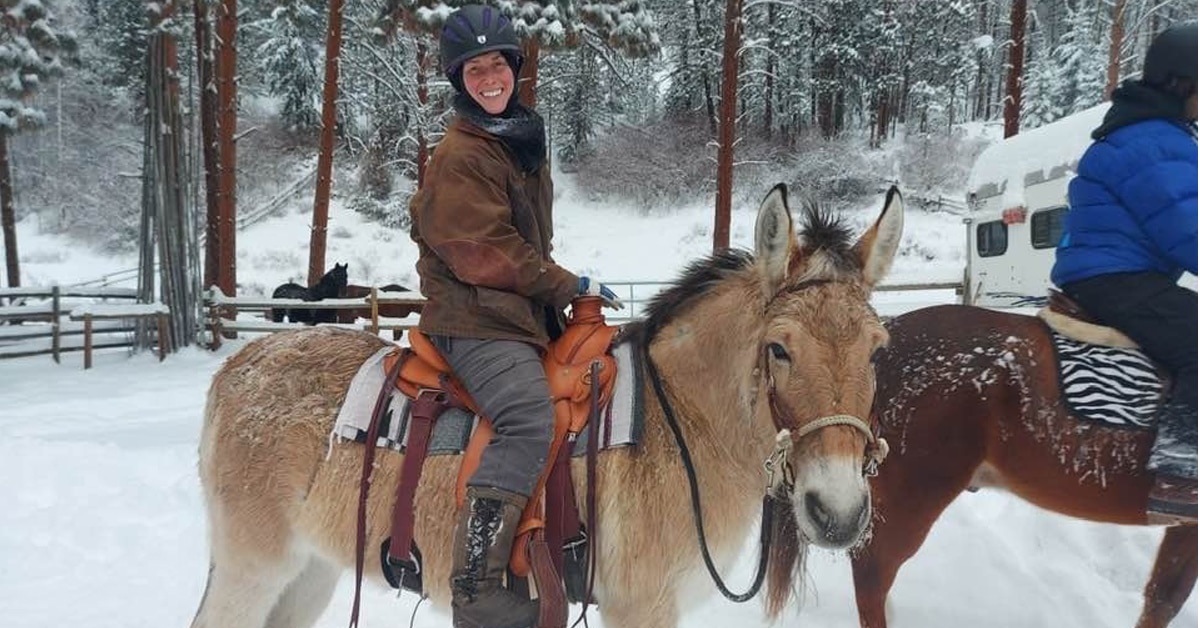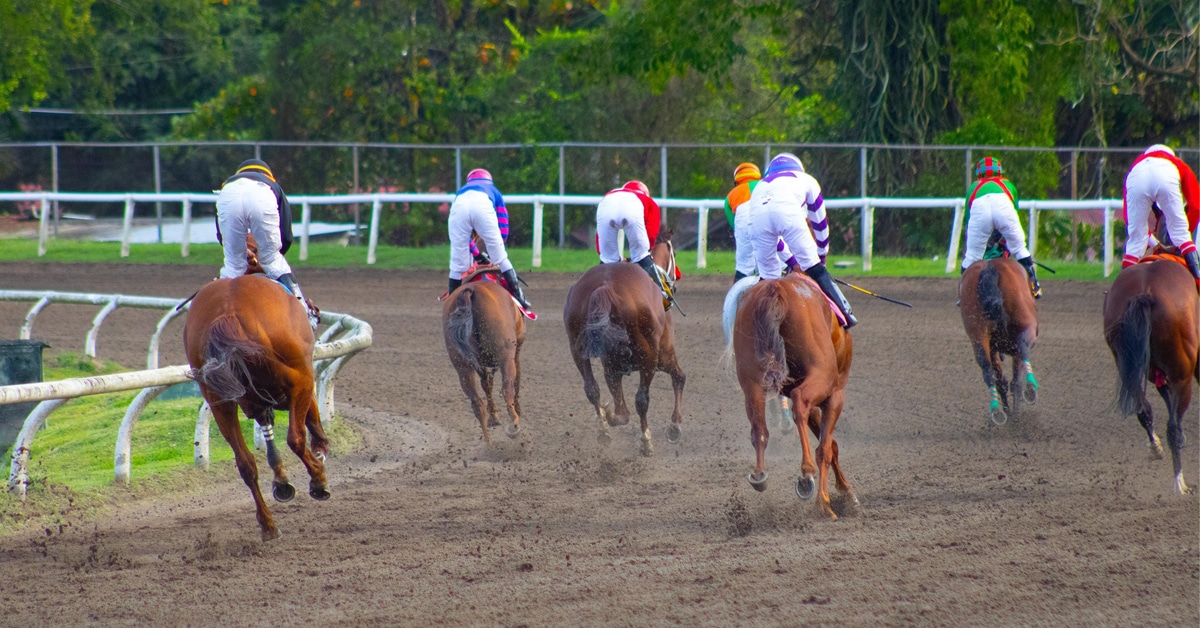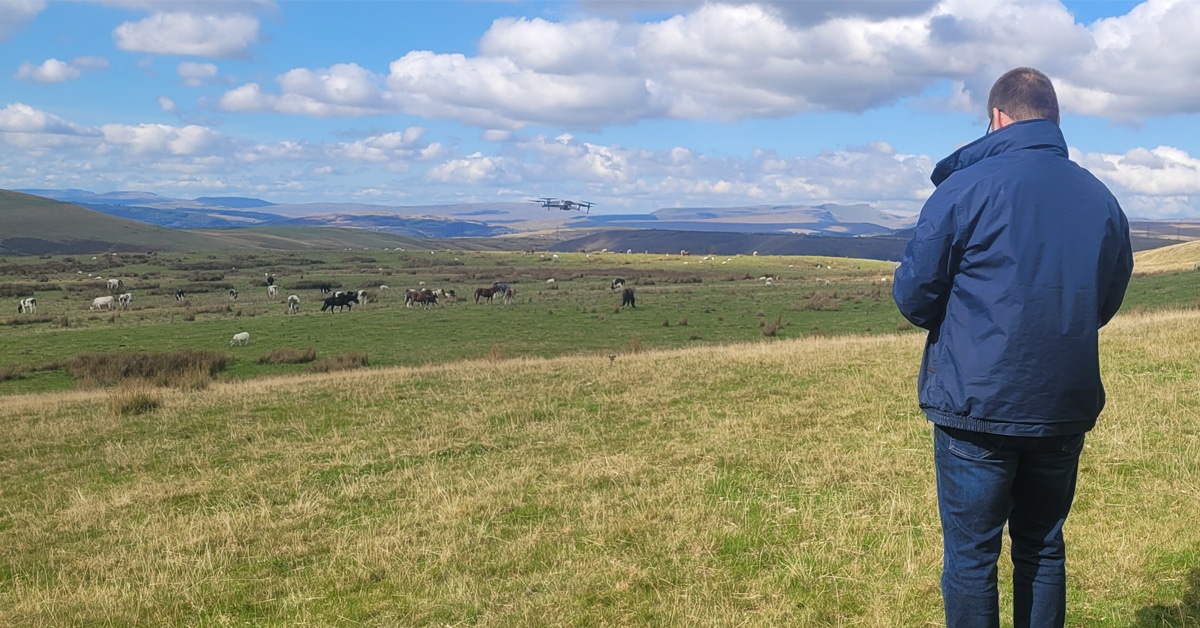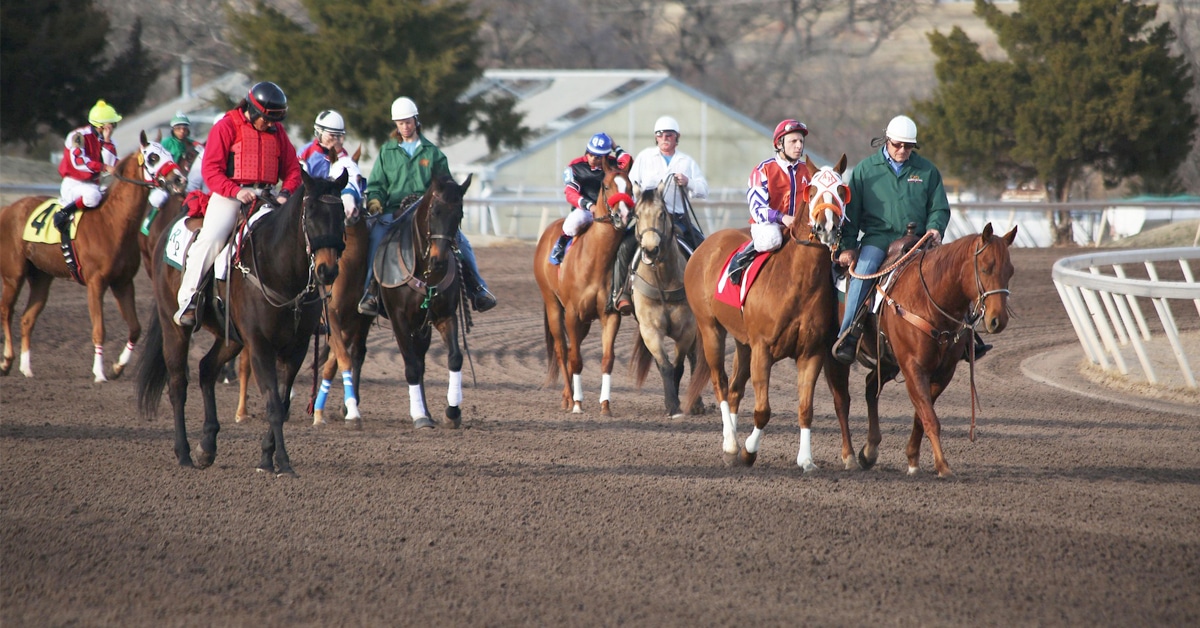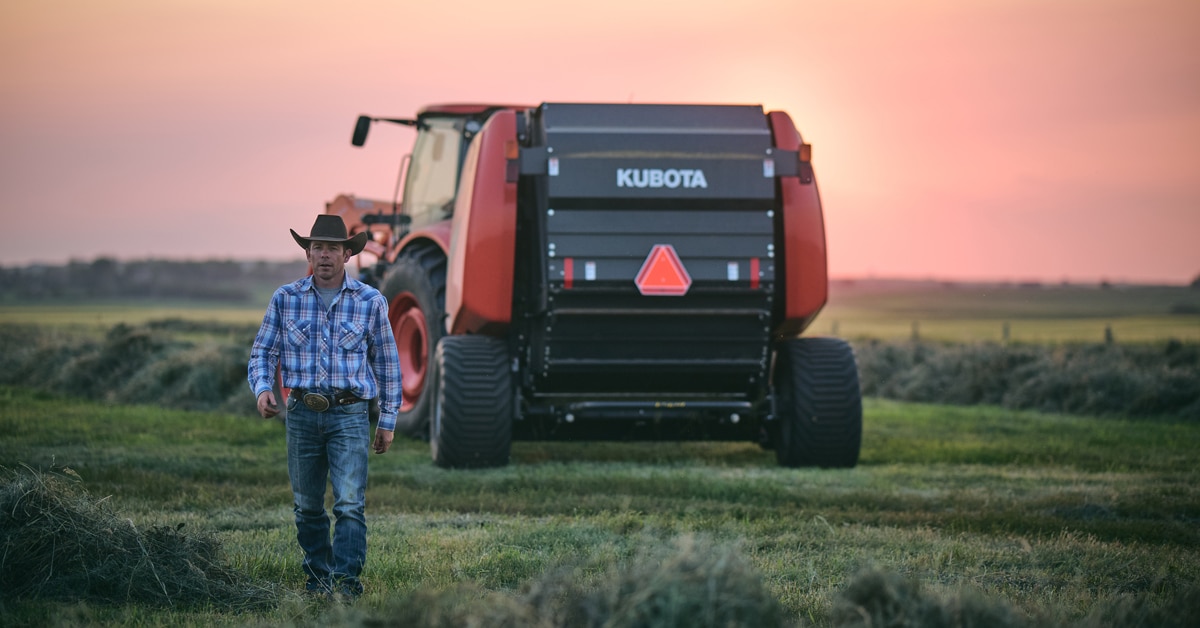With a red extreme heat warning being issued for parts of England recently, World Horse Welfare are advising those who care for horses to take extra measures to ensure their horses are kept healthy and happy during these unusually high temperatures (which can occur anywhere, including Canada).
All horses will need constant access to clean water and shade and have good ventilation if stabled. If you have a horse or pony with a pink nose or heels, these need to be protected with sun cream or a full-face mask to prevent sunburn.
Monitor horses closely
Horses are likely to be more lethargic in hot weather but if they are breathing heavily and appear dull with an increased heart rate, they are not coping, and you will need to react by calling your vet and taking extra measures to cool your horse down.
Rapid Cooling
If you suspect your horse is showing signs of overheating, you need to take action quickly. Getting as much cold water as possible on your horse will help to bring their temperature down. This can be done with either a hose or bucket and the water should remain on the body and not be scraped off as this will provide further cooling as it evaporates.Avoid travel and working your horse unless it is completely necessary
Where temperatures are extremely high, we advise owners to consider if is necessary to ride or travel their horses, this will be particularly relevant on Monday and Tuesday. However, if you need to travel to the vet for an emergency, for instance, please consult your vet before making the journey.
Pay closer attention to young and elderly horses and horses with medical conditions
For the vast majority of horses – if they are fit and healthy – they should cope well in the heat as long as they aren’t being overworked, have plenty of shade and water. However, for those younger and elderly horses and those with medical conditions, they will need an extra close eye kept on them.
The extreme temperatures are going to be tough for horses and people alike but most horses should be fine, however, we still advise keeping a close eye on them. Individual horses cope differently with hot or humid weather conditions so it is important to know what is normal for your horse in order that you can spot any changes as soon as they occur.
You can find further advise on heatstroke in horses HERE and you can find our top tips on caring for a horse in hot weather HERE.
The Latest

